Top Cloud Platform Service Providers: A Simple Guide
4.8 out of 5 based on 12597 votesLast updated on 20th Nov 2024 19.3K Views
- Bookmark

Discover the top cloud platform service providers like AWS, Azure, and Google Cloud. Compare features and benefits.

Cloud computing is one of the biggest changes in the technology world. It lets businesses and individuals store data, run programs, and access resources online without needing expensive hardware. For students and professionals looking to grow their careers in technology, understanding the top cloud platform providers is important.
1. Amazon Web Services (AWS)
Cloud computing is dominated by Amazon Web Services (AWS). Launched in 2006, AWS Course Online offers a variety of services for businesses. These include computing power, data storage, and machine learning tools. AWS is known for being reliable, fast, and having a lot of services to choose from.
Key Features
- EC2 (Elastic Compute Cloud): AWS's Virtual Server Service allows businesses to rent virtual servers for their applications.
- S3 (Simple Storage Service): A service to store files, images, and data in the cloud.
- Lambda: Serverless computing runs code without requiring servers to be managed.
Why Does AWS Stand Out?
- Wide Range of Services: AWS offers a huge variety of tools, including data storage, security, machine learning, and more.
- Global Presence: AWS has servers in many countries, which helps businesses run their services smoothly worldwide.
- Security: AWS provides strong security features to protect your data, including encryption and regular audits.
Market Share
As of 2023, AWS controls about 33% of the global cloud market, which shows how popular and trusted it is.
2. Microsoft Azure
Microsoft Azure is another giant in the cloud computing industry. It was launched in 2010 and is known for being highly integrated with Microsoft’s products, like Windows and Office. If you’re already using Microsoft tools, Azure Cloud Course Online might be a great option for you.
Key Features
- Virtual Machines (VMs): Azure offers virtual machines where you can run applications and store data.
- Azure Blob Storage: This service allows you to store large amounts of unstructured data, like videos or images.
- Azure Active Directory (AAD): A tool for managing user access and securing your applications.
Why Azure Stands Out?
- Great for Microsoft Users: If you already use Windows or Microsoft software, Azure makes it easy to integrate these tools with cloud services.
- Hybrid Cloud Solutions: Azure is good at combining on-premise (physical) infrastructure with cloud systems, which is useful for large businesses.
- Enterprise-Ready: Many large companies use Azure for their cloud needs due to its integration with their existing Microsoft products.
Market Share
Microsoft Azure holds 22% of the cloud market, making it the second-largest provider after AWS.
3. Google Cloud Platform (GCP)
Google Cloud Platform (GCP) is known for its advanced tools in machine learning (AI), data analysis, and artificial intelligence. Though it is smaller than AWS and Azure, GCP is growing rapidly because of its strong features for developers and businesses looking for cutting-edge technology.
Key Features
- Compute Engine: Google’s version of a virtual machine that helps run applications on the cloud.
- BigQuery: A powerful tool for analyzing huge amounts of data quickly and easily.
- Google Kubernetes Engine (GKE): A service for managing containers (lightweight software units) used in modern app development.
Why GCP Stands Out?
- AI and Machine Learning Tools: GCP Online Course provides some of the best AI tools, including TensorFlow, making it the choice for businesses focused on machine learning.
- Open-Source Focus: Google Cloud supports open-source software, which makes it popular among developers.
- Affordable Pricing: Google Cloud is often cheaper than other platforms, especially for smaller businesses and developers.
Market Share
Google Cloud holds around 10% of the global market, but it continues to grow, especially in areas like AI and data analytics.
Also Read This:
Cloud Computing Certification Cost
Popular Cloud Computing Techniques
Amazon Web Services in Cloud Computing
4. Oracle Cloud
Oracle Cloud is different from AWS, Azure, and Google Cloud. It focuses heavily on providing cloud services for large businesses, especially those that need powerful databases or enterprise software. Oracle Online Training is ideal for businesses looking for advanced database tools and enterprise resource planning (ERP).
Key Features
- Oracle Cloud Infrastructure (OCI): A service offering virtual machines, networking, and storage, similar to other cloud platforms.
- Oracle Autonomous Database: A self-driving database that uses artificial intelligence to automate database management tasks.
- Oracle Cloud Applications (SaaS): A collection of software that businesses can use for accounting, human resources, and more.
Why Oracle Cloud Stands Out?
- Best for Databases: Oracle is known for its powerful database technology, and the cloud version is no different.
- Enterprise-Ready: If you run a large business, Oracle Cloud offers tools that can help manage complex systems.
- AI and Automation: Oracle’s cloud services use AI to manage databases and other services, reducing the need for human intervention.
Market Share
Oracle Cloud has about 2-3% of the market share globally but is a strong choice in industries like finance, healthcare, and more.
5. IBM Cloud
IBM Cloud is a cloud platform that focuses on helping businesses run critical workloads. It offers hybrid cloud solutions, meaning it can work with both cloud and on-premise (in-house) systems. IBM is known for its work in artificial intelligence (AI), blockchain, and big data.
Key Features
- IBM Watson: A suite of AI tools that help businesses build intelligent applications, such as chatbots and virtual assistants.
- Cloud Foundry: An open-source platform for building and deploying applications on the cloud.
- IBM Cloud Kubernetes Service: A managed service for deploying and managing applications in containers.
Why IBM Cloud Stands Out?
- Hybrid Cloud Solutions: IBM excels in helping businesses use both on-premise and cloud systems together, making it ideal for large companies.
- AI and Blockchain: IBM Cloud is a leader in both AI (through Watson) and blockchain technology, which makes it a good choice for advanced business solutions.
- Security: IBM Cloud offers high levels of security for businesses handling sensitive data.
Market Share
IBM Cloud holds about 4-5% of the global market, but its focus on AI and hybrid cloud gives it a unique edge.
Comparison of Cloud Providers
Here’s a comparison of the key features of each cloud platform:
Feature/Service | AWS | Azure | Google Cloud | Oracle Cloud | IBM Cloud |
Compute | EC2, Lambda | Virtual Machines | Compute Engine | Oracle Cloud Infra | IBM Cloud VMs |
Storage | S3, EBS | Blob Storage | Cloud Storage | Object Storage | Cloud Object Store |
AI/ML Tools | SageMaker, TensorFlow | Azure AI, ML | TensorFlow, BigQuery | Oracle AI | Watson AI |
Market Share | 33% | 22% | 10% | 2-3% | 4-5% |
Focus Area | General Purpose | Hybrid, Enterprise | AI, Big Data | Databases, ERP | Hybrid, Blockchain |
Sum up
Cloud computing is crucial for businesses today, and understanding the top providers can help you grow in your tech career. AWS, Azure, Google Cloud, Oracle Cloud, and IBM Cloud each have their strengths and specialties. Whether you're interested in AI, machine learning, or big data, mastering one or more of these platforms will open up exciting career opportunities.
FAQs
1. Which cloud platform is easiest to use for beginners?
Google Cloud Platform (GCP) is often considered the easiest for beginners because it has a user-friendly interface and good educational resources.
2. Which cloud platform is most affordable?
Google Cloud offers competitive pricing, especially for smaller businesses, and its free-tier is popular among startups.
3. Can I use multiple cloud providers at once?
Yes, many companies use multi-cloud strategies to combine the best features of different providers, such as AWS for compute power and Google Cloud for AI tools.
Subscribe For Free Demo
Free Demo for Corporate & Online Trainings.
Your email address will not be published. Required fields are marked *


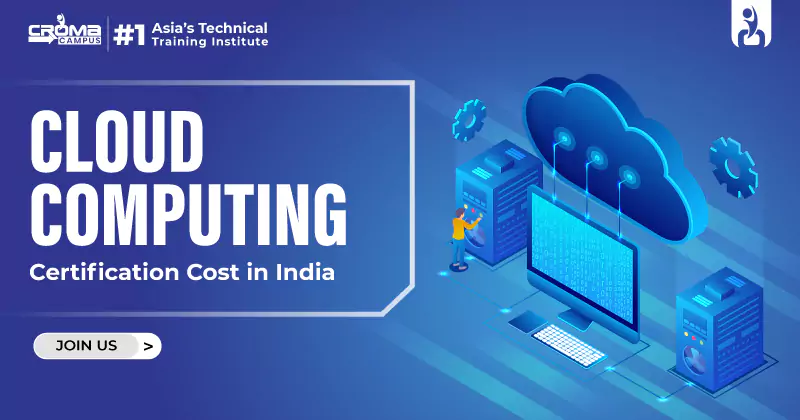
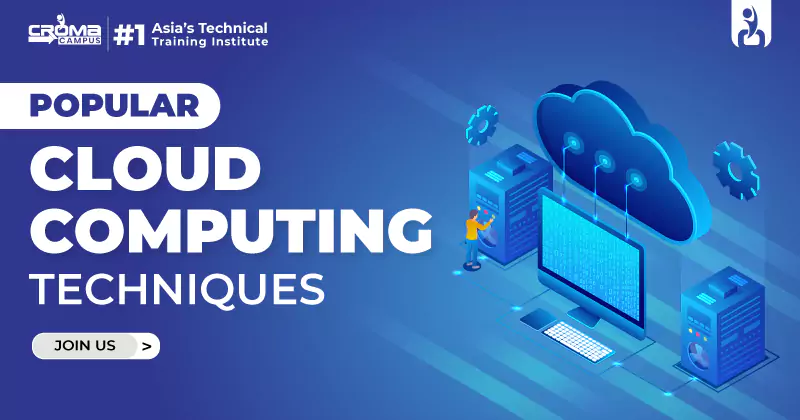
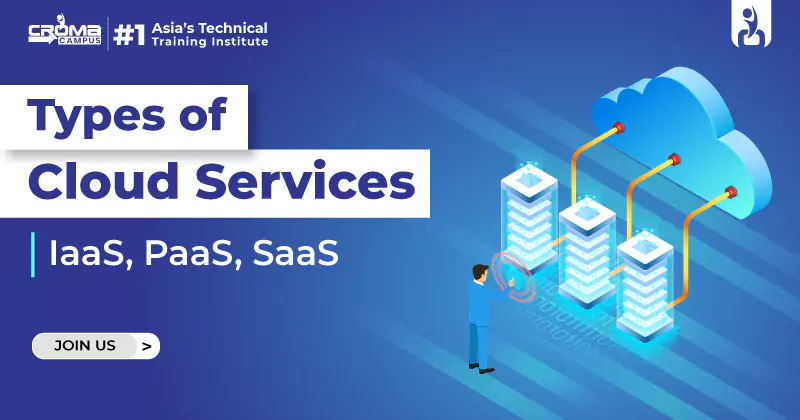



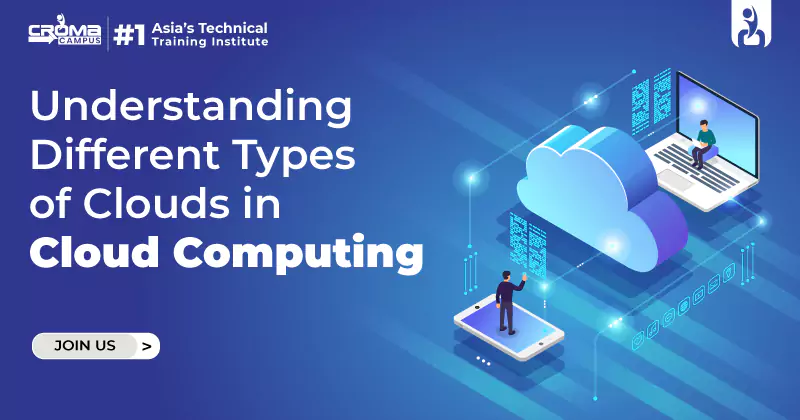

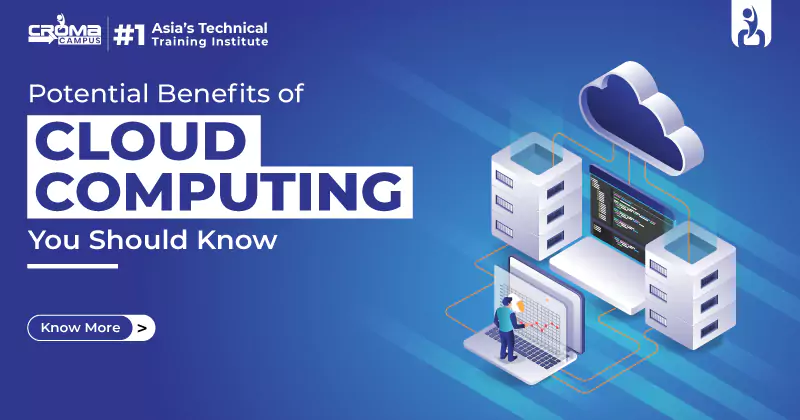
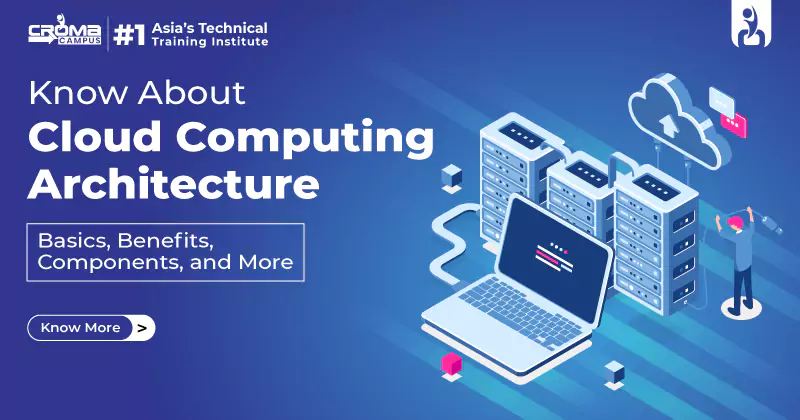









 Master in Cloud Computing Training
Master in Cloud Computing Training